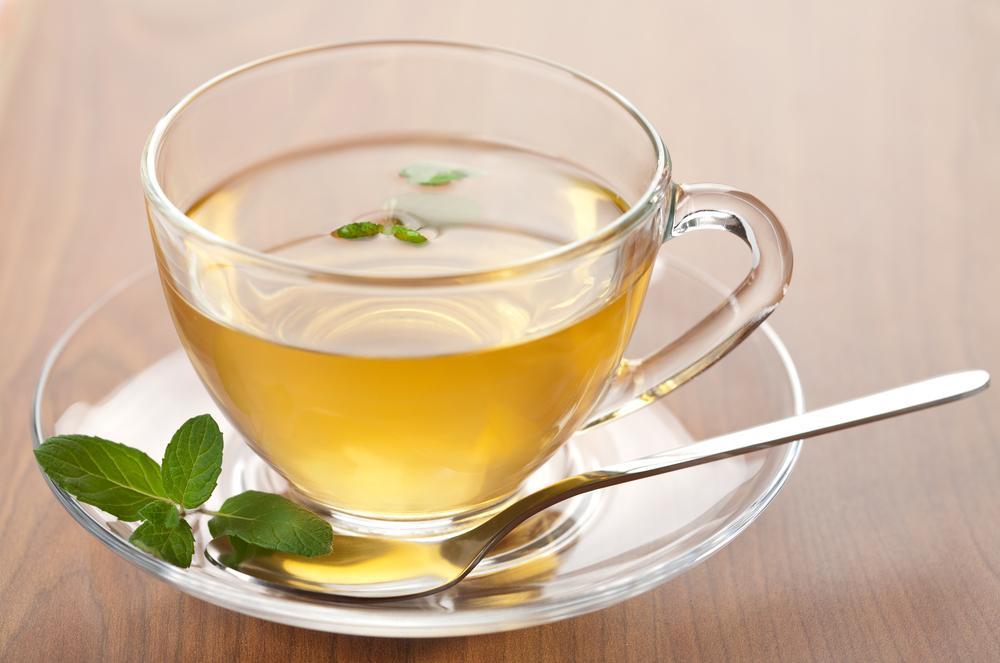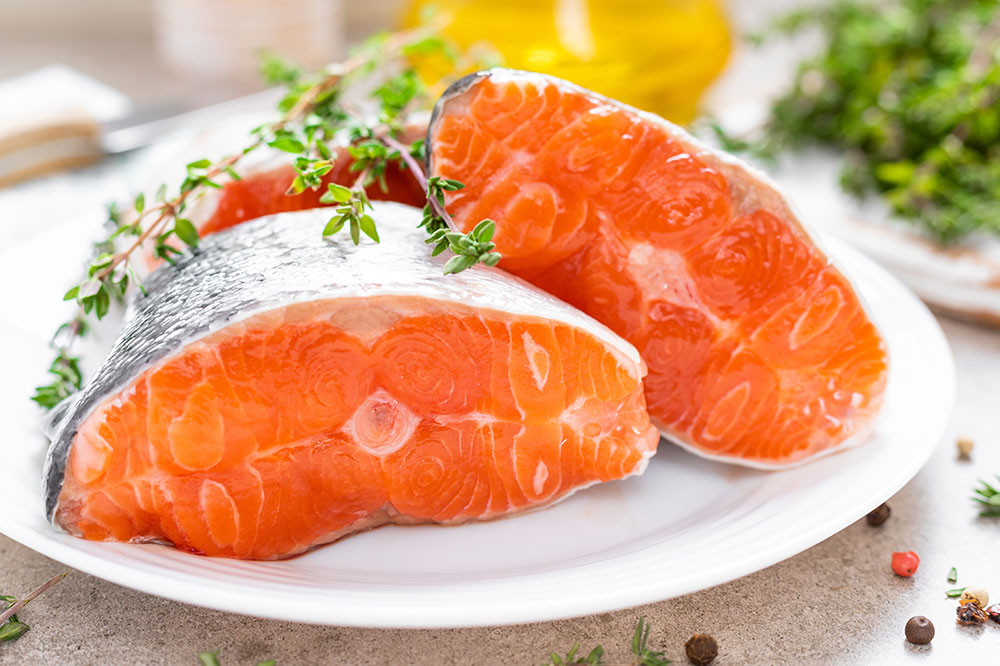Effective Gout-Relief Diet to Alleviate Joint Discomforts
Discover effective dietary strategies to manage gout and reduce joint pain. This guide highlights foods to include and avoid, emphasizing hydration, fruit intake, and lifestyle changes that can help lower uric acid levels and improve joint health for those with gout.
Sponsored

Implement a Gout-Relief Diet to Ease Joint Pain
Have you come across the term "gout diet" often, especially if you're dealing with arthritis? Many wonder what this diet involves and how it can help manage symptoms.
Here, we’ll clarify what gout is, how it differs from other arthritis types, and the role of diet in treatment.
Understanding Gout Arthritis
Gout arises when high uric acid levels cause crystals to form in the joints, leading to pain and swelling. Uric acid results from purine breakdown, which is found in specific foods.
Consuming foods rich in purines can increase uric acid levels, causing joint issues. If diagnosed with gout, your healthcare provider may suggest dietary adjustments alongside medication. Managing your diet is crucial for controlling gout symptoms.
A gout-appropriate diet emphasizes balanced, nutrient-rich foods that support overall health. It also involves weight management and staying well-hydrated by drinking plenty of water, which helps lower uric acid levels. Prioritize fruits and vegetables high in fiber, and limit intake of organ meats like liver and kidneys. Reducing alcohol consumption is vital, as it can elevate uric acid. Some studies suggest cherries and coffee may help regulate uric acid levels, providing additional gout relief.
Typical daily meals for a gout-friendly diet include:
Breakfast:
Unsweetened cereal with skim or low-fat milk
Black coffee without cream
Fresh water
Fresh strawberries
Lunch:
Green leafy salad with spinach and broccoli
Grilled chicken slices
Low-fat milk
Water
Dinner:
Baked salmon or tuna
Steamed green beans
Low-fat yogurt
Fresh melon slices
Water
Incorporating green tea into your routine can also offer additional health benefits. By adjusting your diet and lifestyle, you can effectively manage gout symptoms and maintain joint health.






